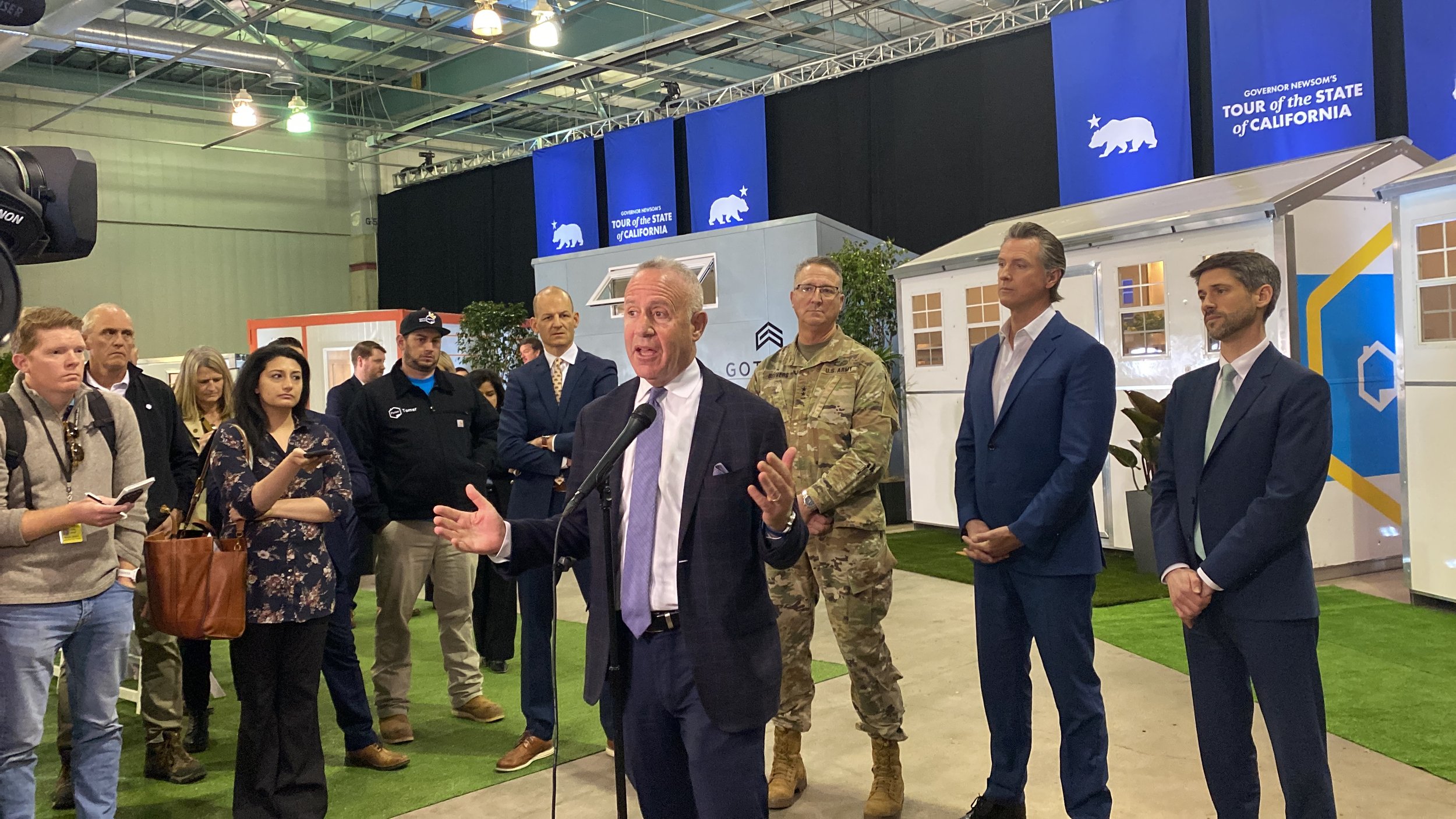United Way partnering with City of Sacramento on guaranteed income program
Sacramento, CA (Mar. 16, 2023) – Applications are now open for a guaranteed income program funded by United Way and the City of Sacramento.
Local residents can apply for funding through United Way California Capital Region’s Guaranteed Income program, which will provide 80 eligible households with $500 of unconditional guaranteed income each month for one year. Eligible applicants must live in the City of Sacramento and meet household income requirements. The online application will be open until April 14 at 11:59 p.m. Qualifying households will be selected randomly and confirmed by the end of May. Payments will start in July.
For more information or to apply: YourLocalUnitedWay.org/Guaranteed-Income.
“With rising housing, food, gas and electricity costs, too many residents of our state’s capital are struggling to make ends meet,” said Dr. Dawnté Early, president and CEO, United Way California Capital Region. “Through this second round of funding, United Way’s Guaranteed Income Program will continue to address poverty directly by giving even more community members money to meet basic needs, no strings attached.”
United Way announced the new round of funding at a press conference with Mayor Darrell Steinberg, Mayor Pro Tem Mai Vang, Sacramento City Council Member Lisa Kaplan, and former state senator and United Way board member Dr. Richard Pan. The City of Sacramento allocated $750,000 in American Rescue Plan dollars to expand United Way’s Guaranteed Income program.
United Way’s Guaranteed Income program is the first of its kind in the California Capital Region. United Way launched the program in July 2021 with a portion of the $10 million gift it received from renowned philanthropist MacKenzie Scott in December 2020.
“Investing directly in people is the right thing to do and we will continue to be at the forefront of this movement,” said Mayor Steinberg.
United Way will partner with Sacramento State University to conduct a detailed study of the second round of households that will look at what these direct assistance payments will allow people to achieve in terms of financial stability while also examining how to improve the process for future guaranteed income programs cohorts.





